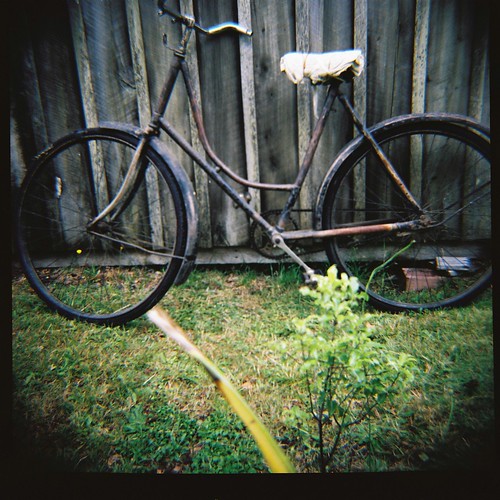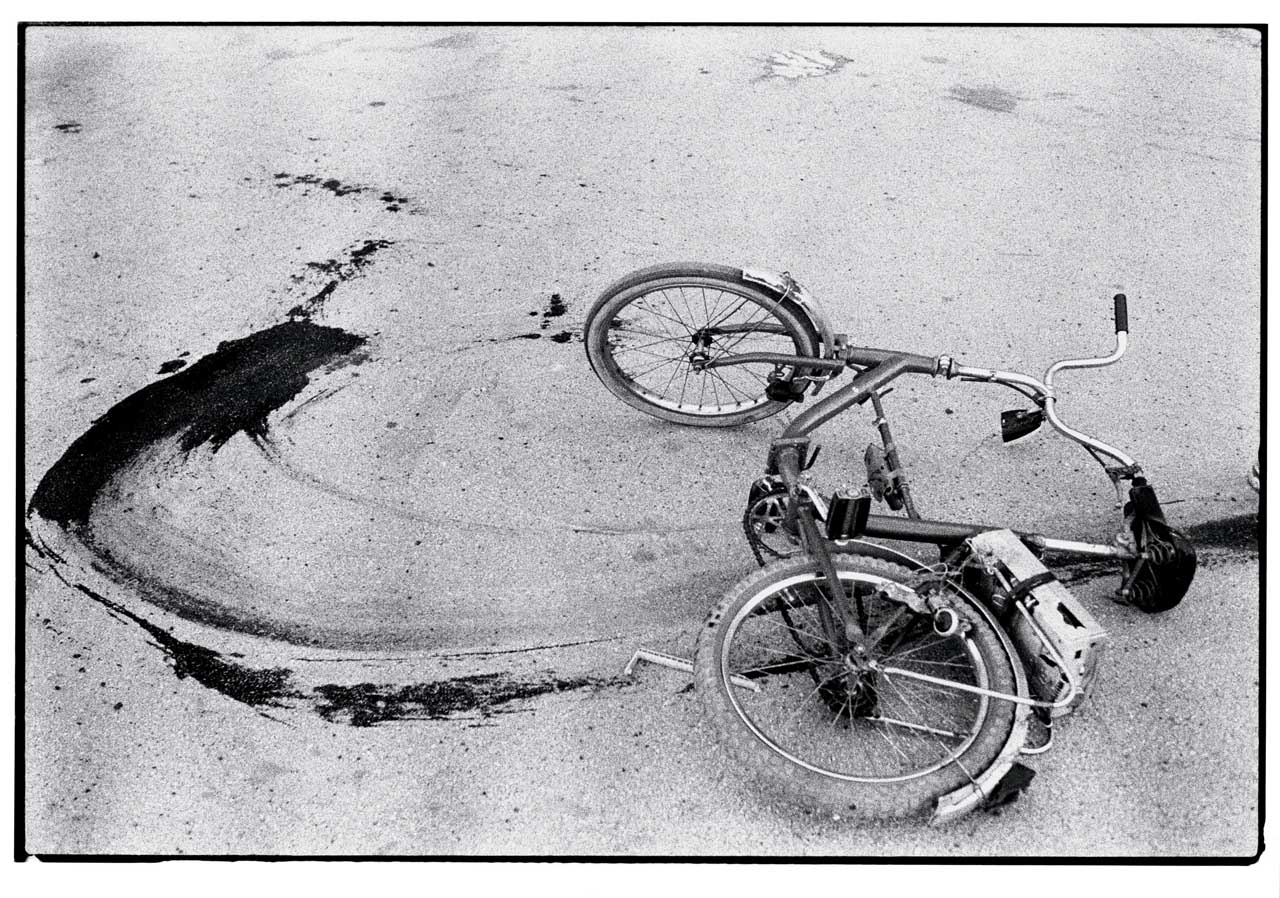I have some relatives in
East Tyrol (Osttirol, in German) that I visited for a few days. East Tyrol in the very south of Austria, bordering Italy. To the capital
Lienz one can get in a reasonable time from Vienna, but in the rest of East Tyrol it's
basically impossible to move around without a car. Well, there is a regional train operating between Lienz and
San Candido (in Italy, called Innichen in German), but it's very slow and only connects a few towns. Due to bicycle tourism it runs more often in the summer and it's also fairly easy to bring along bikes. On the other hand, there are no more buses (except school buses), not even taxis, in most of the rural areas although the population is constantly growing.
 Due to wide spread settlement it is difficult to operate a good public transport system
Due to wide spread settlement it is difficult to operate a good public transport system
My
grandma is lucky because she can still walk to the town center on her own and has my cousin looking after her, but for most of the old and young people in East Tyrol living there means heavily
depending on people that are entitled and capable to drive a car. Must be very
depressing to feel so locked in. My grandma only realized that when my granddad died, who used to drive her around.
Most
families own more than one car. The scenery is nice, but they pay a high price for living in houses far away from centers. Strange enough there are also many who
choose to live so car-dependent: many build their houses further and further away from basic infrastructure (such that they can't even get a liter of milk without getting in the car) and accept long commutes to work. Bicycles are rarely used on a day-to-day basis.
 Cyclist waiting to cross the main road through East Tyrol. Did he go shopping at the petrol station?
Cyclist waiting to cross the main road through East Tyrol. Did he go shopping at the petrol station?
However,
in the summer one can see many
tourists cycling in East Tyrol. Most of them cycle downstream along the
Drava cycle path and look like that they only touch a bicycle for one or two weeks in the summer. I'm not really into that type of cycling and I also don't want to promote it (as this is done extensively already), but as part of a field study this is certainly worth mentioning.

Yesterday
I read in a newspaper that the city of Lienz supports the purchase of
E-bikes by paying 10% (max. 150 €, altogether spends 10.000 €). This is of course a nice gesture and brings bicycles as daily means of transport back into peoples' minds, but similarly to the
scraping bonus in Vienna it won't be enough. What cyclists really need is a
reasonable infrastructure (e.g. safe bicycle parking in front of shops, restaurants, schools etc.) and
bicycle friendly traffic planning and politics. I wasn't particularly looking for it, but I couldn't see any bike path or bike lane in Lienz. And I also couldn't see many cyclists, except road cyclists and tourists. They still have a long way to go, but I wish them good luck in increasing the number of everyday cyclists.


























